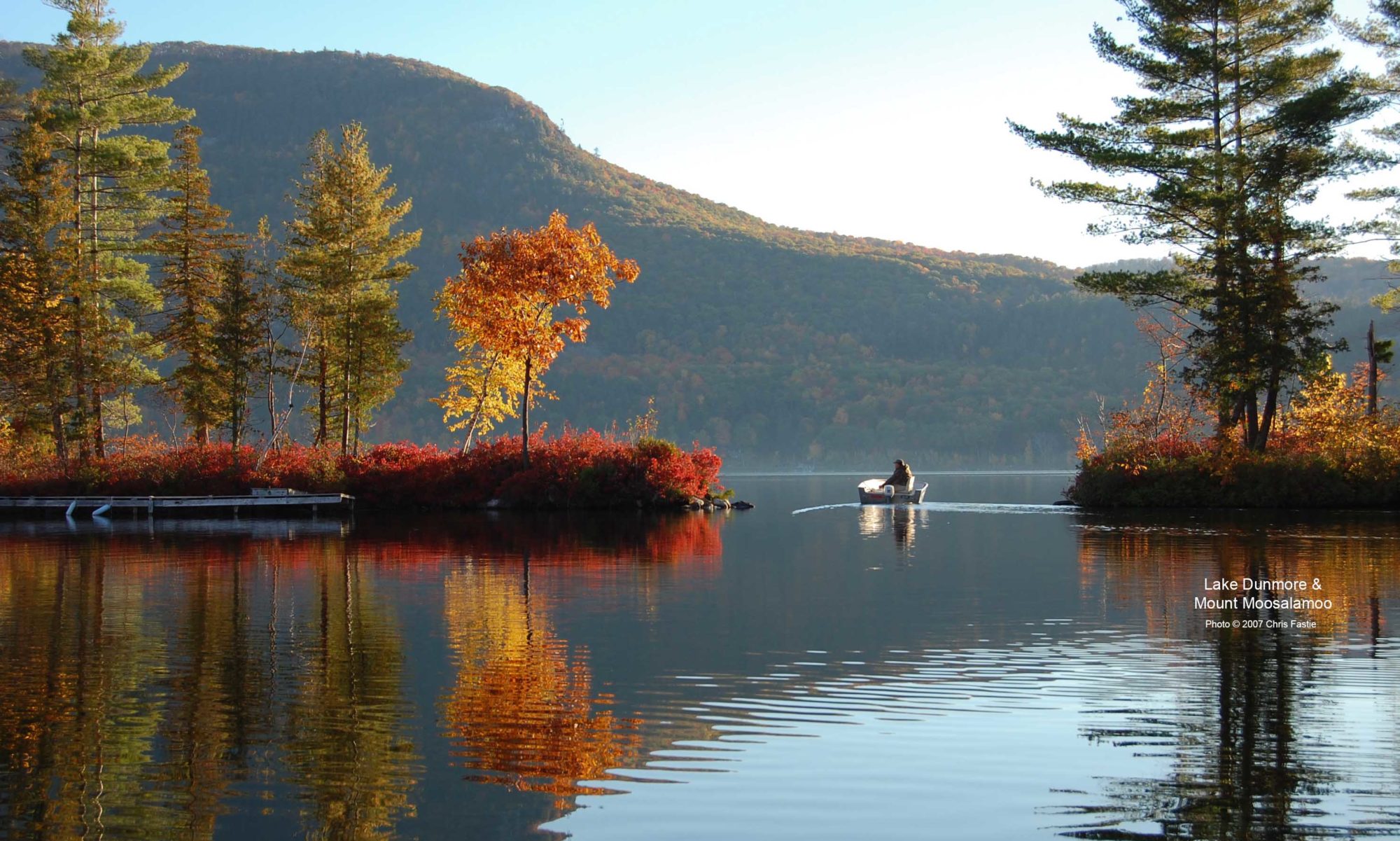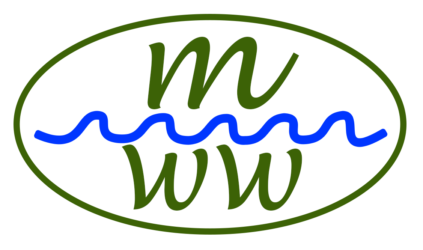A comment from Dr. Lawton
A few reader comments were generated by the VTDigger article about the imminent DEC decision on the BLSG Insect Control District’s permit to operate. The full verbatim text of a comment by Dr. Benjamin Lawton, the chair of the BLSG, follows with some comments.
Who grants permits to spray mosquito pesticides?
According to a new article by Vermont Digger, The BLSG Insect Control District does its work under the auspices of two different Vermont agencies. The Agency of Agriculture and Food Markets grants permits to both of Vermont’s insect control districts to apply larvicides on standing water to kill mosquito larvae. Although the Agency of Agriculture and Food Markets grants permits to apply many types of agricultural chemicals, it does not regulate the spraying of pesticides like malathion and permethrin to kill adult mosquitoes. It does train and license operators who spray these pesticides, but no permit is required. Instead, a Vermont insect control district must be approved by the Department of Environmental Conservation (DEC) to spray pesticides to control adult mosquitoes. In order to spray pesticides, an insect control district must obtain a Pesticide General Permit (PGP), a type of National Pollutant Discharge Elimination System (NPDES) permit, and comply with the provisions outlined in the PGP.
Continue reading “Who grants permits to spray mosquito pesticides?”
West Nile virus in Vermont
Avoiding mosquito-borne diseases like West Nile virus is a primary motivation for mosquito control. Since it was first confirmed in the US in 1999, West Nile virus has infected more than 46,000 people in the US and more than 2,000 people have died. Mosquitoes infected with West Nile virus have been found in every Vermont county in past years, so this threat should not be ignored. However, between 1999 and 2016, only 12 cases of West Nile virus were reported in people in Vermont (Figure 1).
Why so many mosquitoes?
Eight towns in Vermont have formed insect control districts to monitor and reduce mosquito populations. Five towns are in the BLSG district, and Cornwall, Weybridge, and Bridport are the Lemon Fair Insect Control District. These contiguous towns are all in Addison or Rutland counties in the Champlain Valley.
Pittsford votes to become a full member of the BLSG Insect Control District
The town of Pittsford, Vermont voted at town meeting on March 6, 2018 to become a full member of the BLSG Insect Control District. For the first time, spraying will be done along town roads in Pittsford to kill adult mosquitoes. The measure passed by a vote of 35 to 24.
Continue reading “Pittsford votes to become a full member of the BLSG Insect Control District”
Where does BLSG spray to kill adult mosquitoes?
The BLSG Insect Control District sprays many miles of roads with a fog of pesticides to kill adult mosquitoes. You can learn if your property is on the mapped spraying routes at the BLSG website.
Continue reading “Where does BLSG spray to kill adult mosquitoes?”
Permethrin factsheet
The BLSG Insect Control District sprays pesticides along town roads to kill adult mosquitoes. The most recent public notice from the District identifies the pesticides as “malathion or synthetic pyrethroid insecticides.” Permethrin is the most commonly used synthetic pyrethroid. It is considered to be much less toxic to humans than malathion, and is sometimes less effective for controlling mosquitoes.
Stay in touch with Moosalamoo Woods & Waters
If you would like to get updates about what our group is doing and how mosquito control efforts proceed this season, sign up at this Google form and we will keep you informed.
You can also visit our facebook page here: https://www.facebook.com/Moosalamoo/
EPA’s guidance for reducing exposure to malathion
There is a lot of information available about the pesticides used in the BLSG Insect Control District. The most recent public notice from the District identifies the pesticides as “malathion or synthetic pyrethroid insecticides.” On the EPA’s mosquito control website, the page about malathion suggests that “people who are especially concerned may choose to take some of these steps to help reduce exposure”:
Continue reading “EPA’s guidance for reducing exposure to malathion”
Become a no-spray zone
The BLSG Insect Control District allows property owners along spray routes to request that no spraying be done along their property. To “opt out” you must mail a letter with your name and address and a copy of your property’s tax map. Letters must be sent by early April each year. If you would like a copy of your property’s tax map in Brandon, Leicester, Salisbury, Goshen, or Pittsford, submit your information at this Google form. MW&W will send you an email with an image of your parcel. Instructions for submitting your request are on the Google form.
The BLSG district
The BLSG Insect Control District includes the towns of Brandon, Leicester, Salisbury, Goshen, and Pittsford. We are not the only insect control district in Vermont, but we are the only one where pesticides are sprayed to control adult mosquitoes. In addition to treating many acres of standing water to kill mosquito larvae, malathion or permethrin are sprayed in a fine mist from a slow moving truck along some town roads.
Below is a map of the five towns currently in the BLSG district.
Promoting a safe and healthy Moosalamoo region
Moosalamoo Woods & Waters is a local citizens group promoting safe and healthy environments in the Moosalamoo region of Addison and Rutland counties, Vermont.
We are residents of Brandon, Leicester, Salisbury, Goshen, and Pittsford which are in the BLSG Insect Control District. Sometimes mosquitoes are a serious nuisance in parts of these towns, so the state and member towns fund a quasi-municipal group to monitor and reduce mosquito larvae and to control adult mosquitoes along roads.
Our interests include answering questions about the biology of mosquitoes, the practicality of pesticide spraying, and alternate methods of mosquito control.


